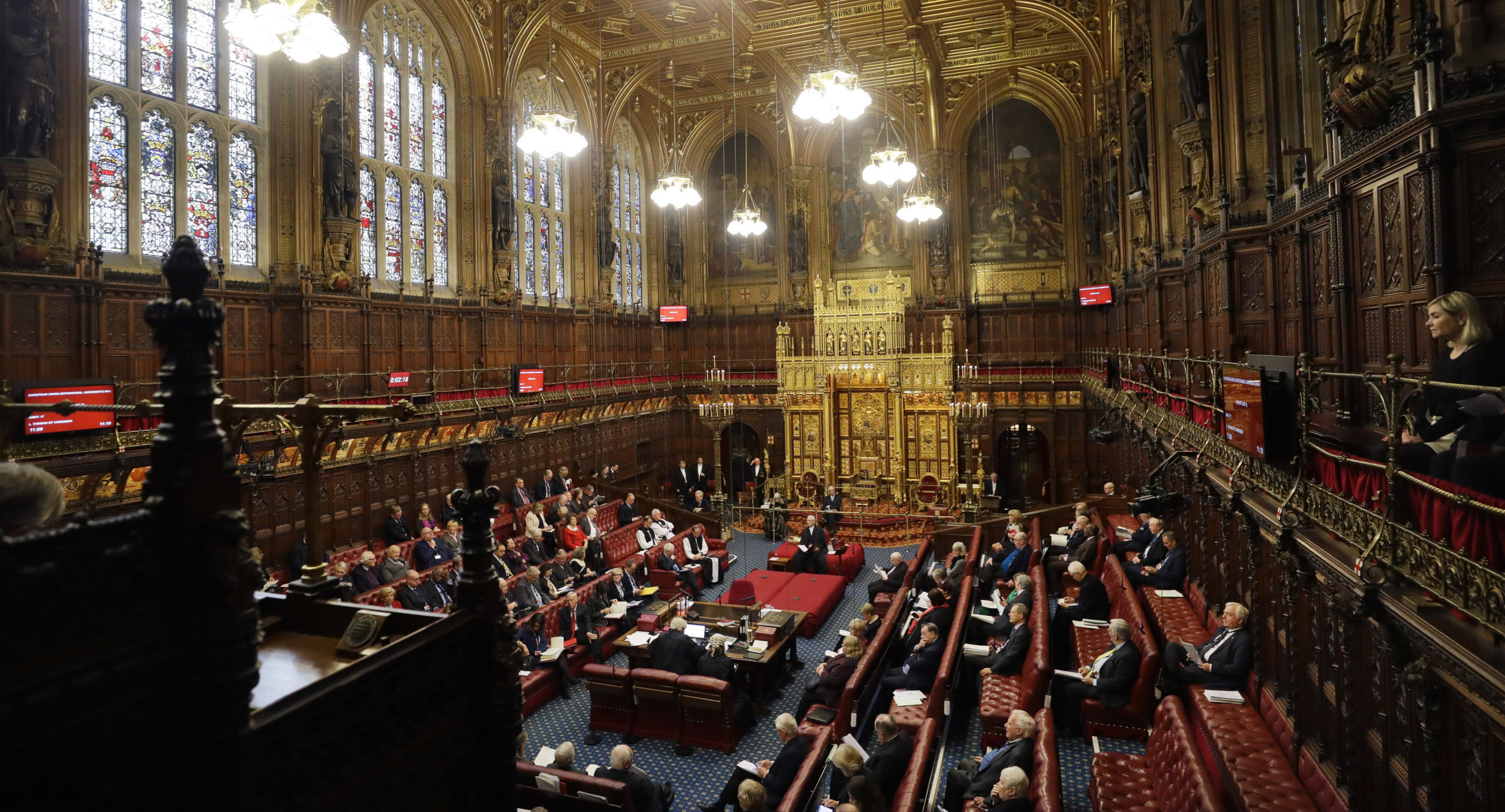No democrat can defend a House of Lords bloated by the accretion of patronage, donors, cronies, sycophants, and the relics of the Anglo-Norman ascendency. But Keir Starmer’s plan to replace it with an elected UK Senate will weaken democracy for England, the UK’s largest nation.
There’s a clue in Labour calling it a “Senate of the Nations and the Regions”. For the Labour party there are three nations: Wales, Scotland and (if it counts) Northern Ireland. England is denied, reduced to a jumble of regions largely unrecognised by the people who live in them. With the new Senate, every law that applies only to England will have to be approved by not one but two elected UK-wide bodies. Wales, Scotland, and Northern Ireland will make their own equivalent laws for themselves.
For 20 years since UK devolution, English domestic policy and legislation — schools, hospitals, universities, transport, agriculture, water and much else — has been distinct. While everyone knows there is no English Parliament, far fewer stop to consider that England has no government.
It is run by the UK’s union state, a mishmash of uncoordinated departments. Some have UK-wide responsibilities, some across Great Britain, some in England and Wales and others solely in England. All are under the thumb of the UK Treasury. There is no English budget, no machinery of government, no political leadership, no semblance of national democracy or accountability. Nowhere in Whitehall coordinates England’s policy and its implementation. No ministerial committee asks how well England is governed, nor are any ministers accountable for it. No part of Parliament debates England’s wellbeing and future. National policy fails at a local level because health, care, school, employment and family policy are rarely joined up.
This union state and Westminster’s political culture cling to an Anglocentric British unionism forged when England could dictate to both union and empire. Today, the ideology that England needs no institutions of its own leaves the nation without the functioning structures of good government. Starmer’s advisors insist the suppression of England keeps the union together, but it’s the conflation of the UK with England that so alienates the nation’s other constituent parts.
A radical Labour would reform the union state, let Westminster’s English MPs make England’s laws and create a powerful lead Minister for England. England would take its place among the nations of the UK and would be better governed. The UK would then flourish as a coming together of nations.
The new UK Senate would reinforce England’s subjugation. Inevitable conflicts between two UK chambers with respective but different claims to legitimacy make it more likely that England will be subjected to laws it doesn’t want and be denied those it does. Labour promises radical devolution within England as so often before. But there will never be devolution until there is a coherent centre from which to devolve power.
A UK Senate that brought together representatives of four national government and their local governments to consult and shape UK-wide policy would be a good replacement for the Lords. But that is not what we have been promised.










Join the discussion
Join like minded readers that support our journalism by becoming a paid subscriber
To join the discussion in the comments, become a paid subscriber.
Join like minded readers that support our journalism, read unlimited articles and enjoy other subscriber-only benefits.
Subscribe